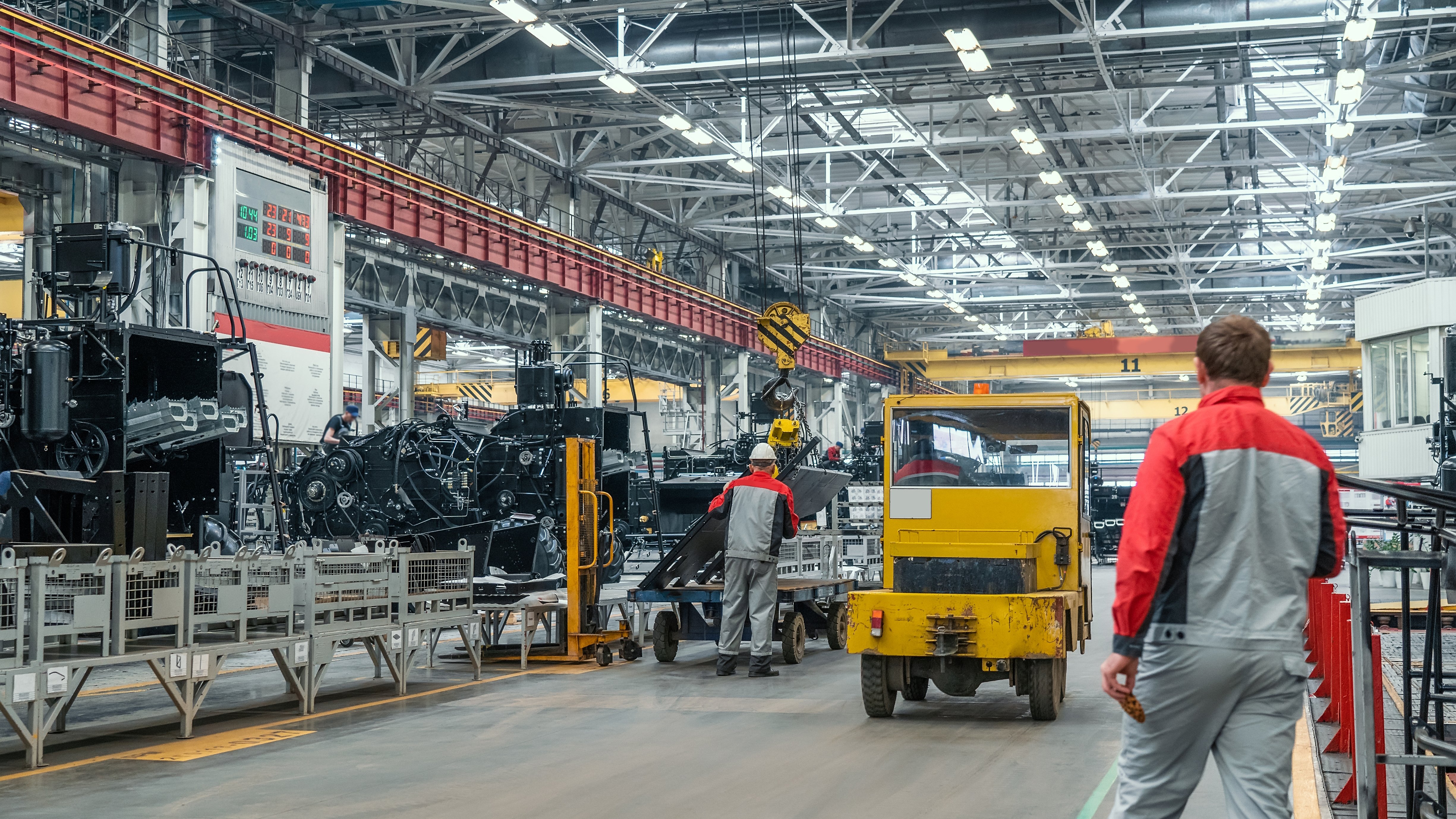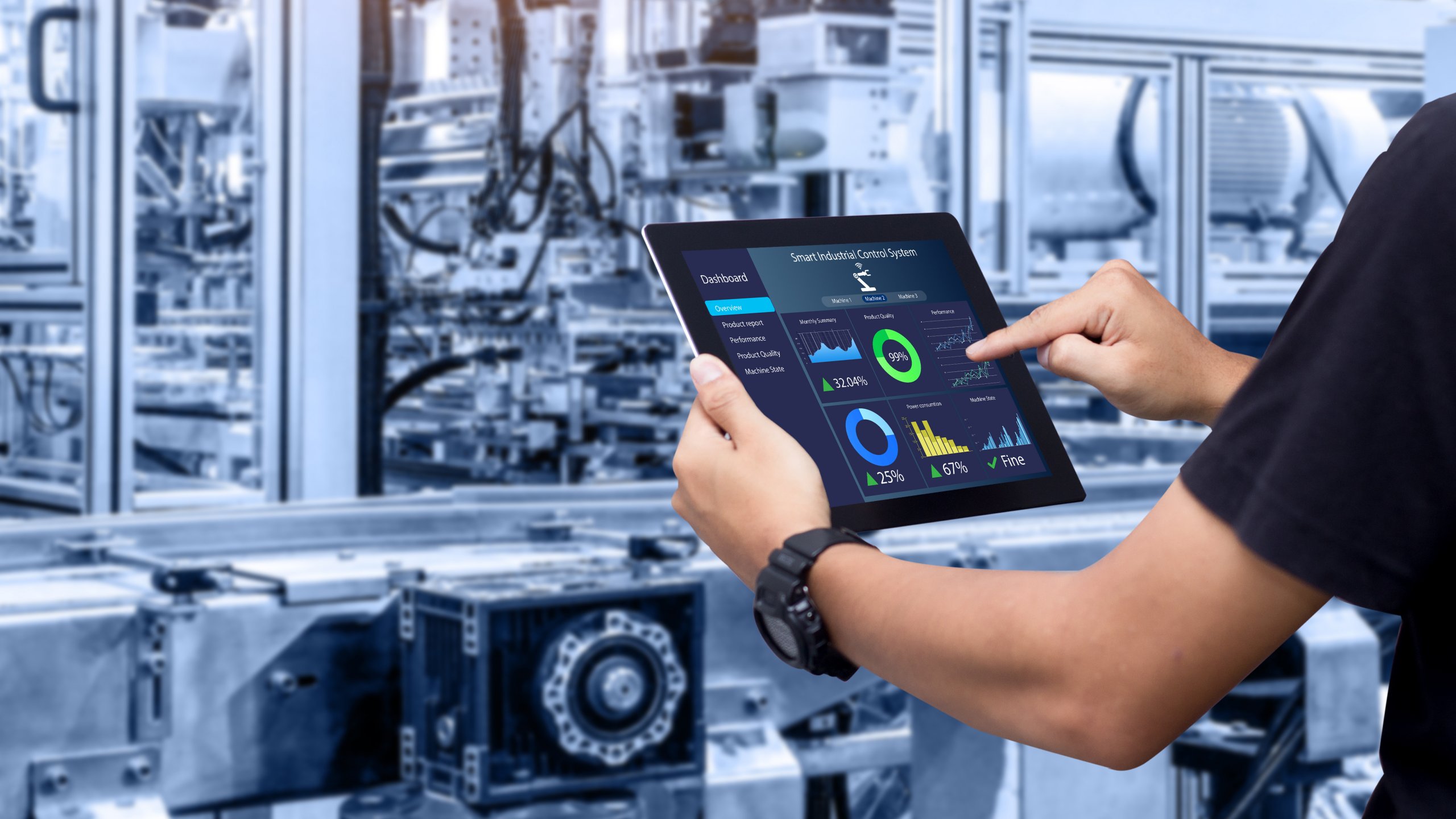The Transformation from Automation to Autonomy
To realize the multi-year vision of autonomous production, tire companies today need to focus on the fundamentals that will feed their ambitions. These include the adoption of automated machine processes and clean data, combining to enable rapid and accurate decision-making on the plant floor.
As part of a study we conducted at Kalypso, models from Gartner’s Hype Cycle for Supply Chain Strategy were applied to the tire sector. Gartner forecasts a major transition over the course of this decade, progressing from the manual phase – the current state in many of today’s manufacturing plants - towards three development stages of Automation, Augmentation and then Autonomy by the 2030s. These phases each involve a succession of technology adoption to enable new capabilities that lead towards the autonomous plant – the end goal being a self-governing, self-directed network of facilities run on AI.
For tire executives, the focus is currently on embracing cloud computing and integrating previously disconnected systems, such as PLM and ERP, as part of a digital thread. Building on this digitalized foundation, tire manufacturers will be better positioned to integrate developments in Robotic Process Automation (RPA), Internet of Things (IoT), Machine Learning (ML) and Digital Twin to transform the tire manufacturing value chain.
The process enhancements involved across this transformation will include:
- Process optimization with ML control – using data modelling and analysis to improve material inputs, control systems, runtime parameters and timing.
- Predictive maintenance and condition monitoring – using IoT to implement feedback loops that enable corrective or preventative actions.
- Energy management – supporting enhanced energy efficiency through optimized machine run and scheduling and integrated production schedule planning.
- Smart production scheduling – using smart manufacturing capabilities to enable improved scheduling and allocation of workforce, materials, tooling, inventory levels and rates of production.
Together, these developments will help converge IT with OT across the plant, improving the quality and utility of machine data to enable the smart, autonomous enterprise.



